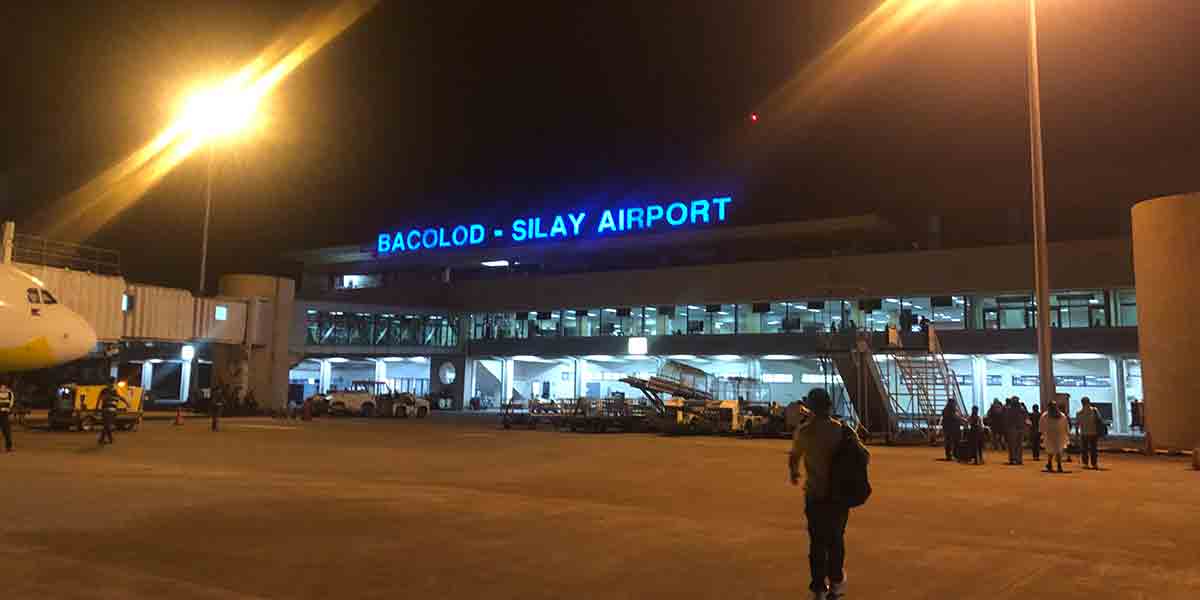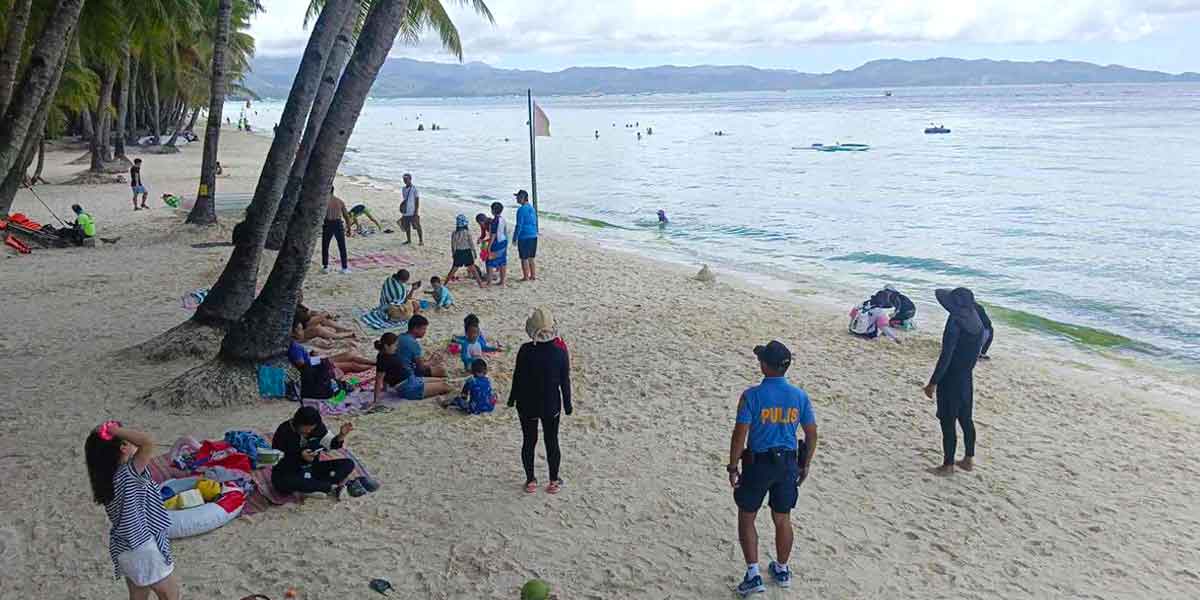By Mariela Angella Oladive
Two residents of Iloilo province have died from complications linked to typhoid fever, according to the Iloilo Provincial Health Office.
The fatalities were a 47-year-old man from Carles who also had dengue fever and a 53-year-old man from San Enrique with chronic kidney disease.
From Jan. 1 to March 22, the province recorded 125 cases of typhoid and paratyphoid fever, a 6 percent decrease from 133 cases during the same period last year, which resulted in one death.
Cases were reported in 36 of 42 municipalities and one component city, with the highest numbers in the following areas:
- Janiuay – 11 cases
- Calinog – 11 cases
- Pototan – 8 cases
- San Joaquin – 8 cases
- Tigbauan – 7 cases
Dr. Rodney Labis, head of the health office’s Health Service Delivery Division, said typhoid affects all age groups except infants under 1 year old.
“The most affected age groups are people over 50, with 34 cases, and children ages 1 to 9, with 33 cases,” he told Daily Guardian.
He said 77 percent of suspected cases tested positive using rapid diagnostic tests, while 9 percent tested negative.
The remaining 14 percent were not tested but were treated based on symptoms.
Typhoid Fever and Its Risks
Labis explained that typhoid and paratyphoid fevers are bacterial infections caused by Salmonella bacteria, typically spread through food or water contaminated by human waste.
“This disease is common in the country due to seasonal flooding, which contaminates food and water sources,” he said.
Poor sanitation, inadequate waste disposal, and unsafe food handling also contribute to the spread.
Symptoms typically appear one to three weeks after exposure and may range from mild to severe if untreated.
Early symptoms include:
- High fever (up to 40 C)
- Abdominal pain
- Headache
- Fatigue
- Loss of appetite
- Dry cough or sore throat
If untreated, typhoid fever can lead to complications such as intestinal perforation, dehydration, sepsis, and meningitis.
“But with timely and proper antibiotic treatment, patients can recover within seven to 10 days,” Labis said.
Older adults, children under 5, people with limited access to clean water, and food handlers are at higher risk.
IPHO Response
To prevent infection, the health office advises the public to disinfect water sources regularly, store water in clean, covered containers, and boil drinking water for at least one minute.
“We also encourage proper hygiene and sanitation, including frequent handwashing before eating and when preparing food,” Labis said.
He advised the public to wash vegetables thoroughly, eat properly cooked meals, and avoid buying food from vendors without sanitation permits.
People experiencing symptoms of typhoid are urged to seek medical care immediately and avoid self-medicating with antibiotics.
The provincial health office continues to strengthen its sanitation programs through Rural Health Units to protect communities from food- and waterborne diseases.
Efforts include:
- Distributing chlorine granules and AquaTabs
- Providing water testing kits and toilet bowls to households lacking sanitation
- Conducting food safety training for vendors and handlers under the Food Safety Act
- Enhancing disease surveillance through health units and hospitals
The office is also coordinating with the Provincial Environment and Natural Resources Office to expand community access to safe drinking water under the province’s Movement for a Robust, Progressive, Globally Competitive and Resilient Iloilo (MoRProGRes) initiative.
Labis urged local governments to support sanitation efforts by hiring more sanitary inspectors, improving water access, and enforcing stricter health and sanitation measures.
















